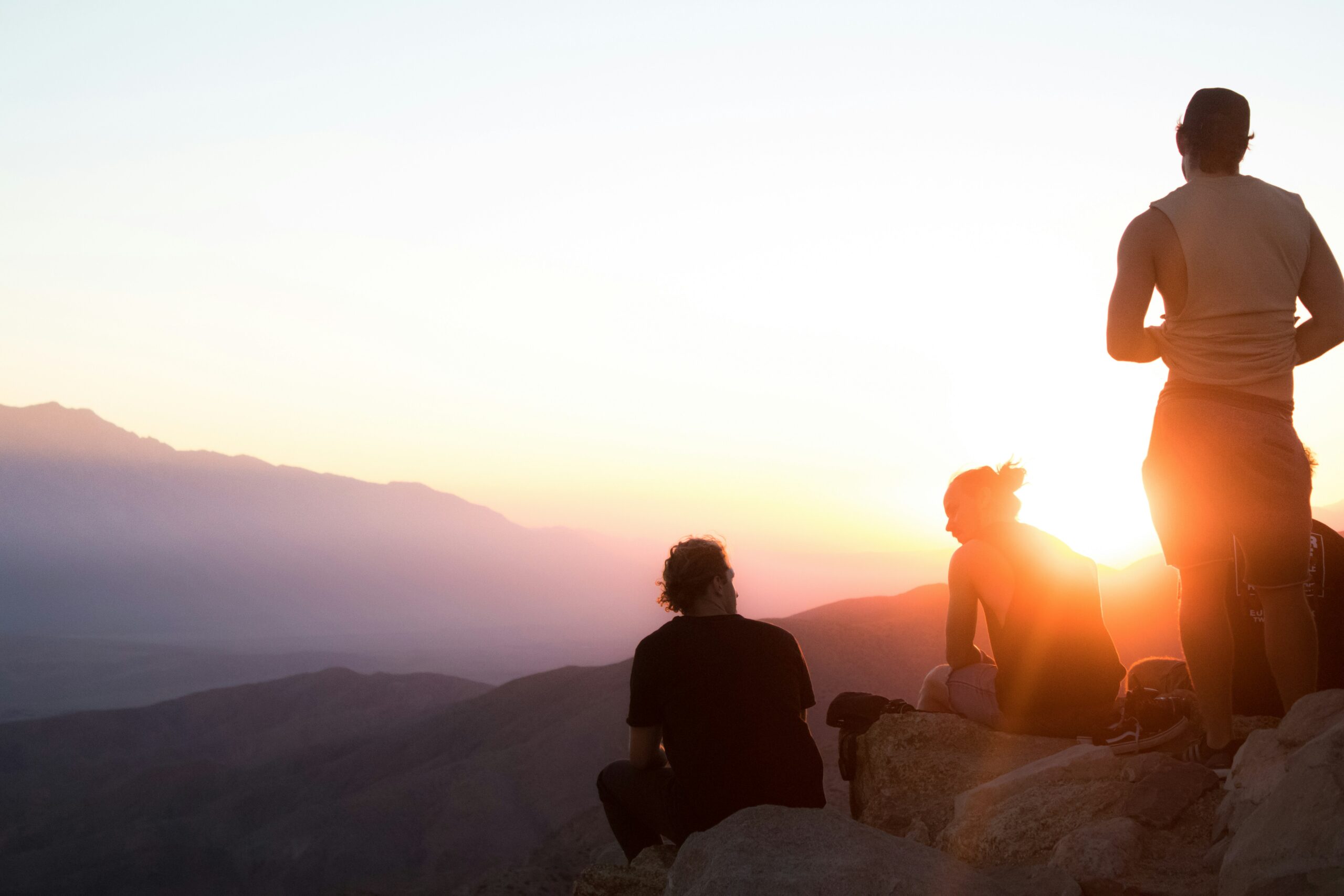
Fact Sheet
Outdoor Wellness: Physical Health Policy Options
Overview
Time outdoors can lead to many positive benefits for human physical health, including reducing heart rate and blood pressure, lowering stress hormone levels, reducing inflammation, improving immune function, improving sleep quality, reducing risk of vision loss, and much more. State outdoor policy is uniquely positioned to address challenging public health crises through access to parks, green spaces, and active transportation by promoting physical well-being through connection with the outdoors.
Policy Options
- Prescribe a Park: Vermont and South Dakota empower healthcare providers to promote time outdoors by prescribing free park passes, and Maine LD 1317 studies the use of state land in healthcare.
- Outdoor Rx Grant Programs: Washington’s successful Parks Rx pilot program (SB 5292), the new Illinois Outdoor Rx program (HB 1526), and the proposed Arizona Outdoor Rx Program (S.B.1552) provide guidance and funding to promote health through outdoor access.
- Encourage Active Transportation: Nearly 50% of Americans would commute by bike if protected bike lanes were available. Washington SB 5975 is investing $1.3 billion in non-motorist safety with bicycle-friendly federal funds, Tennessee HB 685/SB 728 identifies roads endangering cyclists and pedestrians, and Maine LD 1674 requires large construction projects to protect cyclists.
- Link Active Transportation to Recreation: Alabama S.B.298 is strategically linking and improving existing trails and Illinois H.B.5277 would establish a need-based Transit-to-Trails grant program to link public transportation to public outdoor recreation sites. Transportation is one of the most significant barriers to outdoor recreation.
- Share Schoolyards With the Public: Opening up schoolyards as public space in off-hours would connect millions of Americans to nearby greenspace and quality exercise facilities. Hawaii H.C.R. 90/S.C.R .30 would request for the Department of Education to offer access to school recreational facilities during off-school hours and non-school days.
Case Study: Increasing Access for Disabled People
Disabled people, 13% of all Americans, also need outdoor access and the benefits of quality time outdoors. Unfortunately, outdoor recreation sites often aren’t required by federal law to be accessible, so outdoor resources are rarely designed with disabled people in mind.
Building on Colorado HB23-1296 (2023) studying the rights and needs of disabled communities accessing state outdoor spaces, Iowa H.F. 2364 studies disability access in state parks.
Similarly, Virginia H.B.1186 established a two year all-terrain power wheelchair pilot program to develop guidelines and processes for providing all-terrain power wheelchairs in state parks.
Resources:
- Outdoor Wellness: Mental Health Factsheet – NCEL
- A Policy Framework For Joint Use: Enabling and Supporting Community Use of K–12 Public School Facilities – U.S. Department of Education Institute of Education Sciences, 21st Century School Fund
- U.S. DOT: Bicycles and Transit Funding Fact Sheet – U.S. Department of Transportation